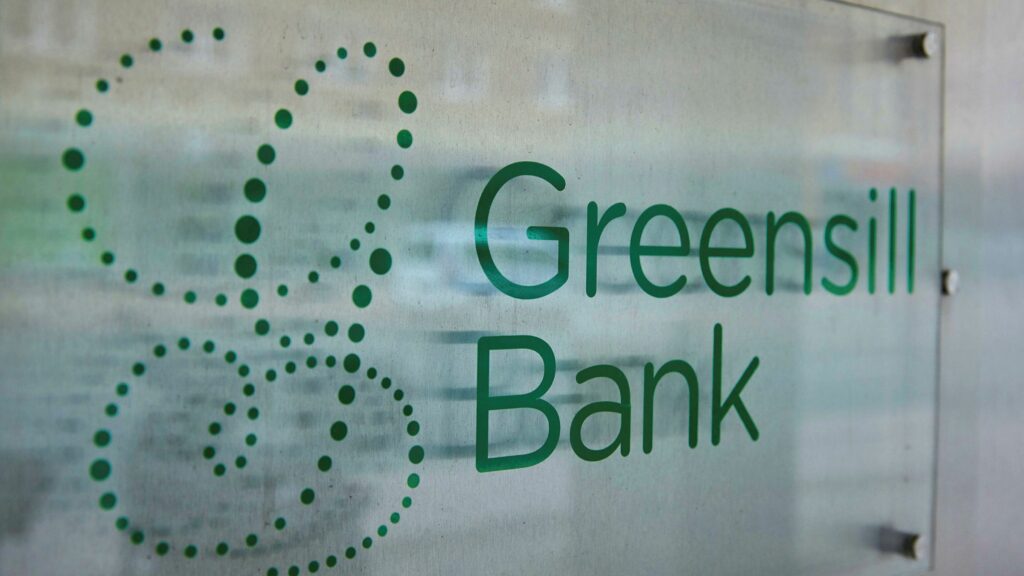In March 2021, Greensill Capital collapsed owing $3.44 billion to creditors, including to thousands of high net worth clients of Credit Suisse Wealth Management who had provided Greensill with an estimated $10 billion in financing.
According to a Financial Times report, White Oak argues that Marsh failed to disclose important information about problems with Greensill’s insurance, which played a crucial role in the firm’s debt packaging for investors.
The legal action raises the stakes for Marsh, as Greensill investors, including White Oak, are pursuing legal action against Greensill’s insurers in Australia. White Oak claims that Marsh knew about insurance issues from July 2020 but did not inform them, leading to significant financial losses.
The legal action, which is taking place in London, is the latest development in the aftermath of Greensill Capital’s failure. The firm, led by Lex Greensill and advised by former UK prime minister David Cameron, experienced a collapse following the expiration of its insurance coverage. Additionally, the termination of Greg Brereton, a Sydney-based underwriter who had provided substantial coverage to Greensill, added to the company’s troubles.
White Oak’s lawsuit raises the stakes for Marsh, as it takes on a crucial role in placing Greensill’s insurance. While a significant test case is ongoing in Australia, where Greensill investors, including White Oak, are seeking insurance payouts, Marsh has largely remained on the sidelines. However, the lawsuit now puts Marsh in the legal spotlight, adding further complexity to the situation.
White Oak hit by Greensill’s ill-fated receivables scheme
White Oak was among the investors in Greensill’s ill-fated receivables scheme, which involved goods and services sold by Liberty Commodities, a part of Sanjeev Gupta’s GFG Alliance. In its legal filing, White Oak emphasized the importance of trade credit insurance cover for the debts associated with the scheme. This insurance provided protection against non-payment, and White Oak claims that it played a fundamental role in its decision to invest in Greensill.
According to White Oak, Marsh was aware of Tokio Marine’s decision, Greensill’s lead insurer, not to extend further insurance to the group from at least July 2020. However, between December 2020 and February 2021, White Oak acquired $143 million of receivables from Greensill based on documents provided by Marsh regarding the insurance coverage. White Oak argues that its exchanges with Marsh demonstrated the finance group’s reliance on the accuracy and contents of the documents provided, and that Marsh should have reasonably foreseen this reliance.
Since the expiration of the insurance coverage, White Oak claims that it has received no payment on the receivables, which have now surpassed their maturity dates. Moreover, certain account debtors involved in the scheme either have no outstanding debts to Liberty Commodities, do not recognize the relevant receivables, or have no transaction history with Liberty Commodities at all.
White Oak contends that Marsh had an obligation to inform them about Greensill’s wider insurance issues and the investigation into Greg Brereton’s conduct starting from July 2020. The finance group argues that there was a real risk that the matters brought to Marsh’s attention during that period could impact White Oak’s coverage. White Oak further claims that Marsh failed to take reasonable steps to ensure the accuracy of the documents provided, including implied representations that the insurers were not disputing coverage.
Both Marsh and the GFG Alliance, the parent company of Liberty Commodities, declined to comment on the ongoing lawsuit. Previously, the GFG Alliance had asserted that its facilities allowed for the use of “prospective receivables,” referring to borrowing against hypothetical future invoices.
In a legal filing last year, Greg Brereton stated that he would not have approved the Greensill cover had he been aware of “misleading and deceptive conduct” by the company. Tokio Marine, Greensill’s lead insurer, has accused Greensill Capital of utilizing “fraudulently obtained” insurance policies.
During his testimony to MPs in 2021, Lex Greensill highlighted Marsh’s role in providing information about the insurance coverage and expressed confidence in its renewal until shortly before its expiration. He stated that investors were made aware of the termination date of the cover at the same time he learned of it.
Following Greensill’s collapse, Marsh emphasised that its role as an insurance broker did not extend to being an insurer, banker, or credit analyst. The company stated that insurers made their own determinations regarding the risks to be covered.
As the lawsuit unfolds, the outcome will determine the legal accountability of Marsh in relation to Greensill’s insurance coverage and the potential financial ramifications for the parties involved.
Source: Financial Times









